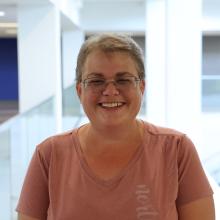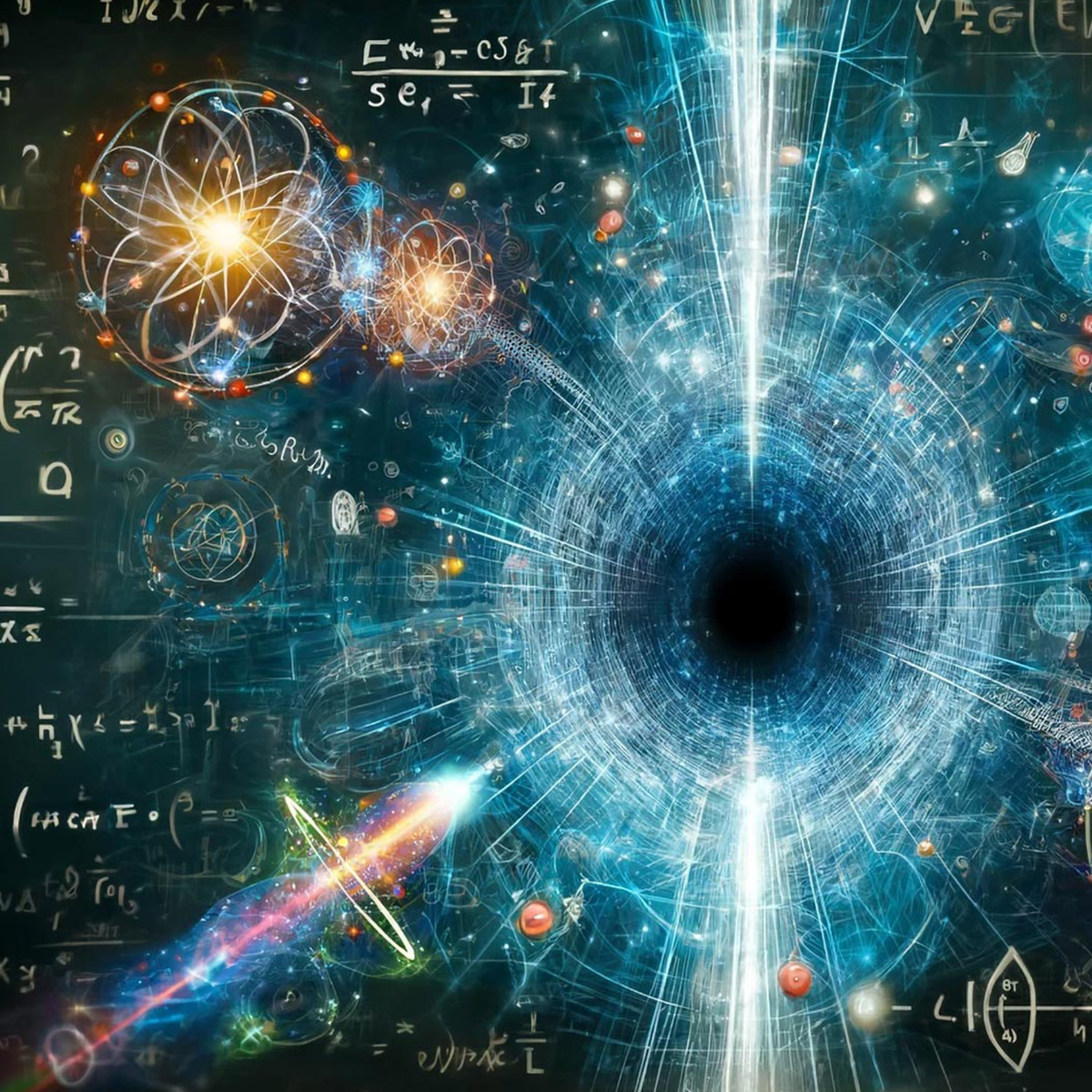Faculty

At Northeastern Junior College the Mathematics, engineering and physics programs are designed to provide the first two years of college course work necessary for transfer to a four-year college or university to continue studies in any of these math related areas. The program at Northeastern provides the student with the necessary background to be successful at the university level.
The math-based programs give the student sufficient exposure to applied science occupations to make successful career choices. Northeastern provides the extra time to decide on a future college and area of specialty while completing the basic two year requirements for transfer to four-year institutions.
Students have the opportunity to significantly improve their "grade point average" for entrance to university programs. Enrollment in the small classes of Northeastern provides the student with one-on-one interaction with their instructors.

According to the Bureau of Labor Statistics, overall employment of mathematicians and statisticians is projected to grow 30 percent from 2022 to 2032, much faster than the average for all occupations.
About 3,500 openings for mathematicians and statisticians are projected each year, on average, over the decade. Many of those openings are expected to result from the need to replace workers who transfer to different occupations or exit the labor force, such as to retire.
Projected employment of mathematicians and statisticians varies by occupation. Employment growth for statisticians is expected to result from more widespread use of statistical analysis to inform business, healthcare, and policy decisions. The amount of digitally stored data will increase over the projections decade as people and companies continue to conduct business online and use social media, smartphones, and other mobile devices. As a result, businesses will increasingly need statisticians to analyze the large amount of information and data collected. Statistical analyses will help companies improve their business processes, design and develop new products, and advertise products to potential customers.
he median annual wage for mathematicians was $112,110 in May 2022. The median wage is the wage at which half the workers in an occupation earned more than that amount and half earned less. The lowest 10 percent earned less than $57,680, and the highest 10 percent earned more than $171,540.
The median annual wage for statisticians was $98,920 in May 2022. The lowest 10 percent earned less than $58,090, and the highest 10 percent earned more than $161,300.
In May 2022, the median annual wages for mathematicians in the top industries in which they worked were as follows:
| Professional, scientific, and technical services | $134,220 |
| Federal government | $119,100 |
| Colleges, universities, and professional schools; state, local, and private | $53,680 |
In May 2022, the median annual wages for statisticians in the top industries in which they worked were as follows:
| Research and development in the physical, engineering, and life sciences | $125,700 |
| Federal government | $117,500 |
| Computer systems design and related services | $107,740 |
| Healthcare and social assistance | $84,930 |
| Colleges, universities, and professional schools; state, local, and private | $82,930 |
Most mathematicians and statisticians work full time. Deadlines and last-minute requests for data or analysis may require overtime. In addition, these workers may travel to attend seminars and conferences.
